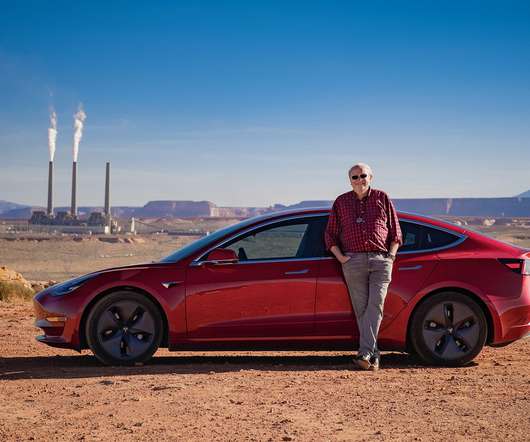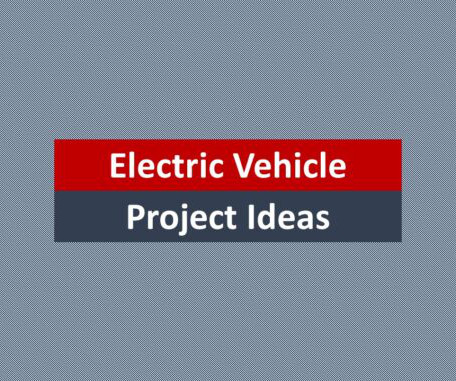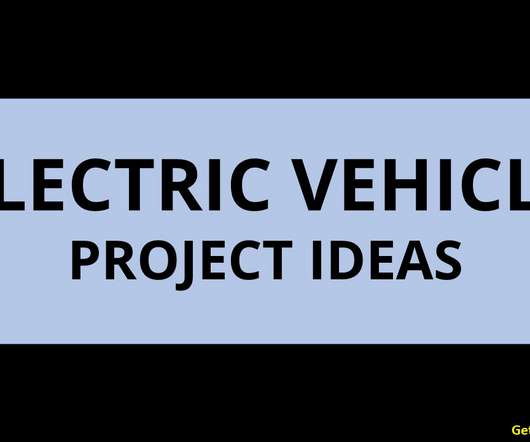National Research Council Report on Americas Energy Future Highlights Vehicle Efficiency Technologies, Conversion of Biomass and Coal-to-Liquids Fuels, and Electrifying the Light Duty Fleet with PHEVs, BEVs and FCVs
Green Car Congress
JULY 31, 2009
Technologies to improve vehicle efficiency are available for deployment now, and new technologies continue to emerge. Developing technologies for the conversion of biomass and coal-to-liquid fuels. The development of advanced biomass-conversion technologies will require fundamental advances in bioengineering and biotechnology.





























Let's personalize your content